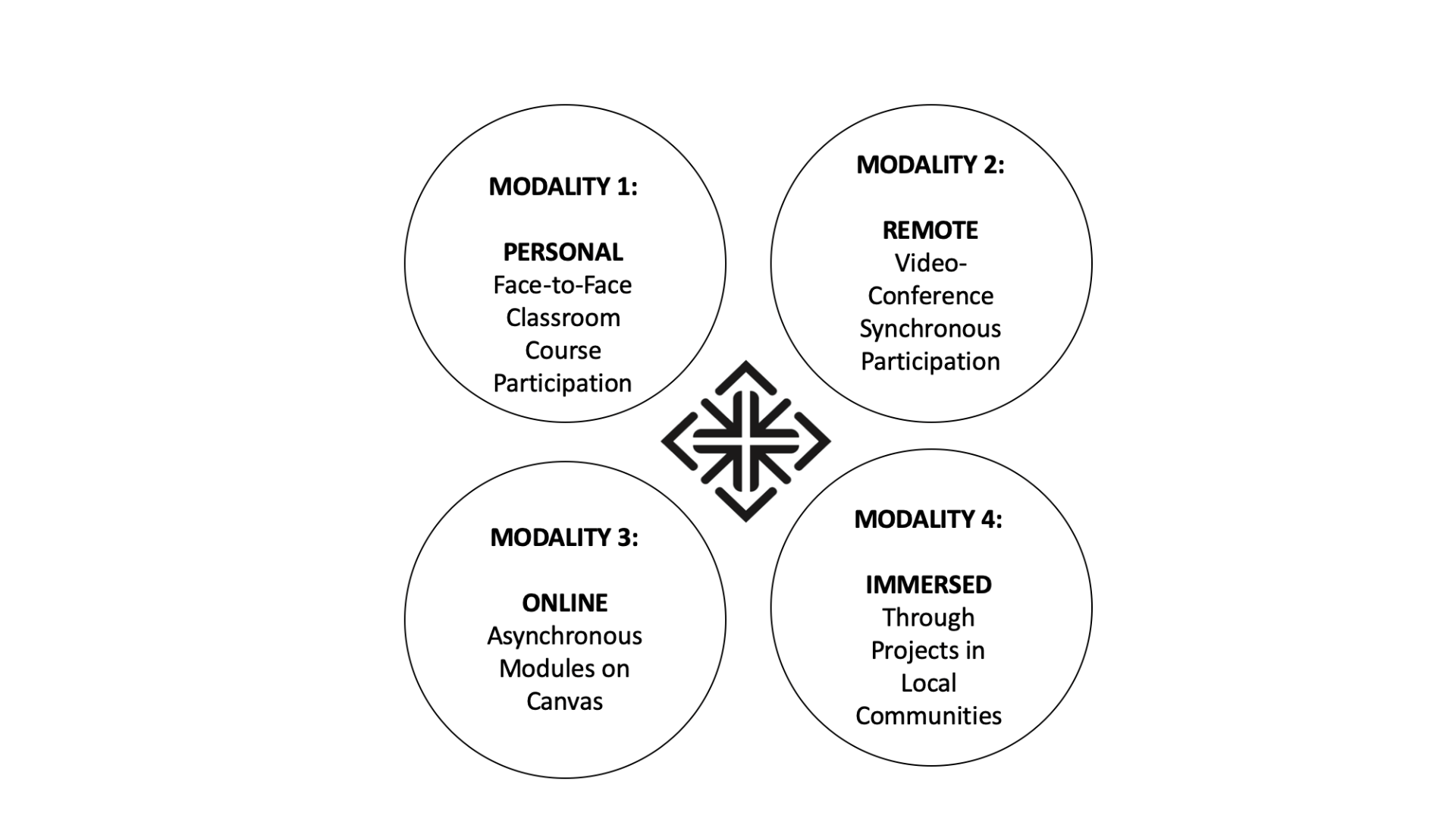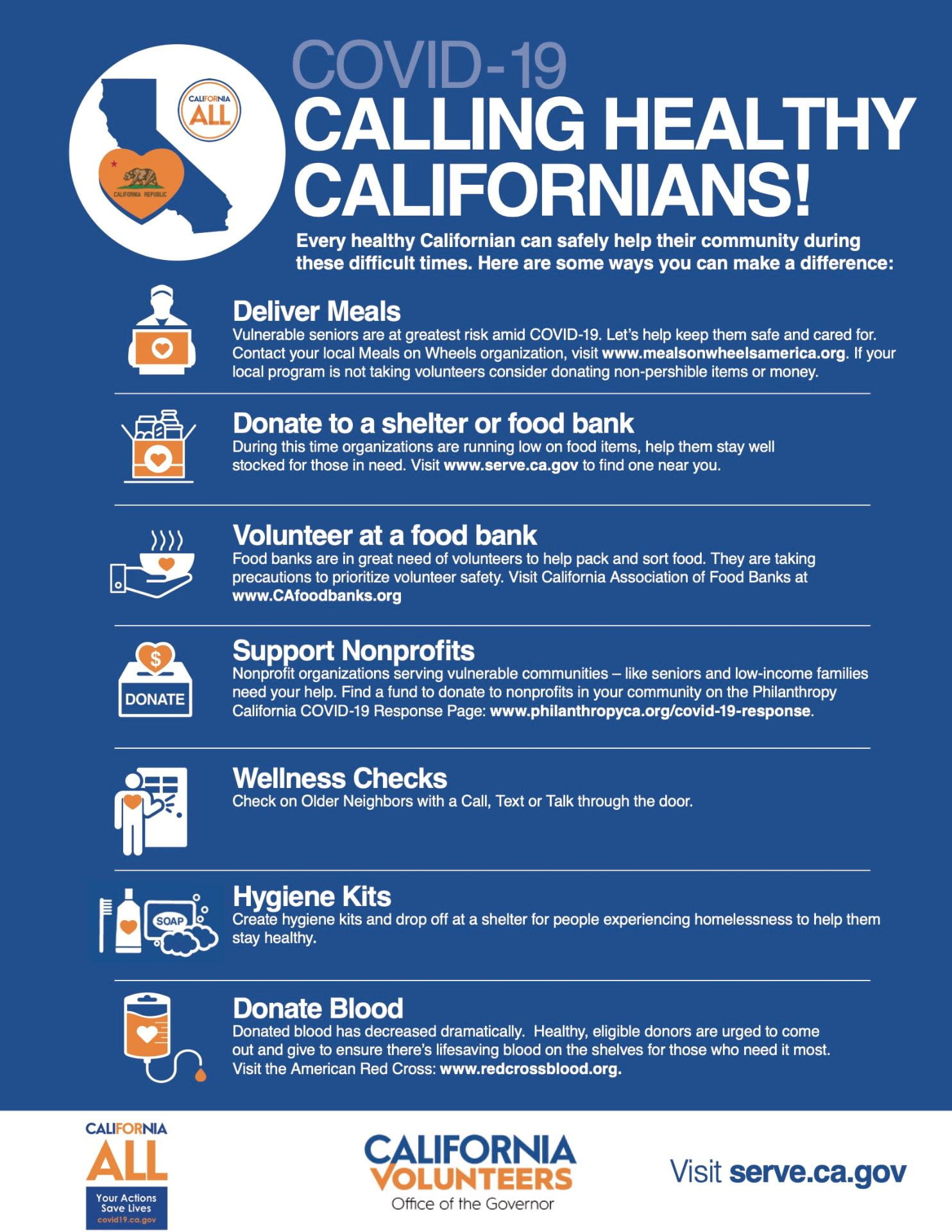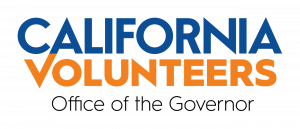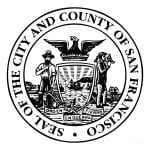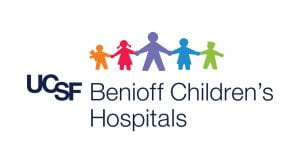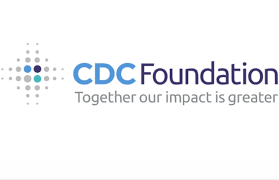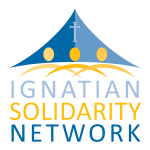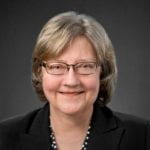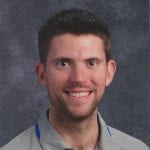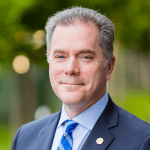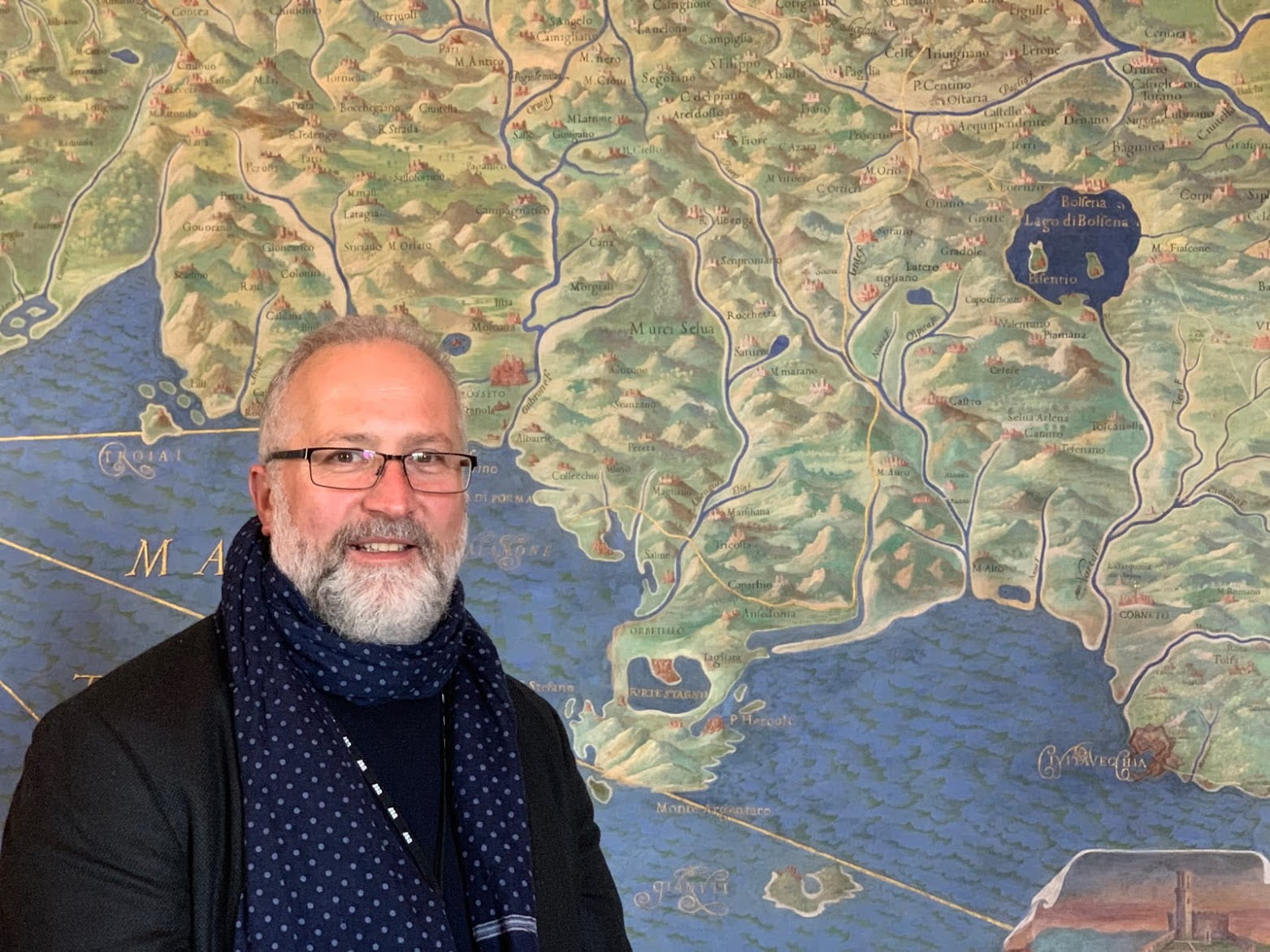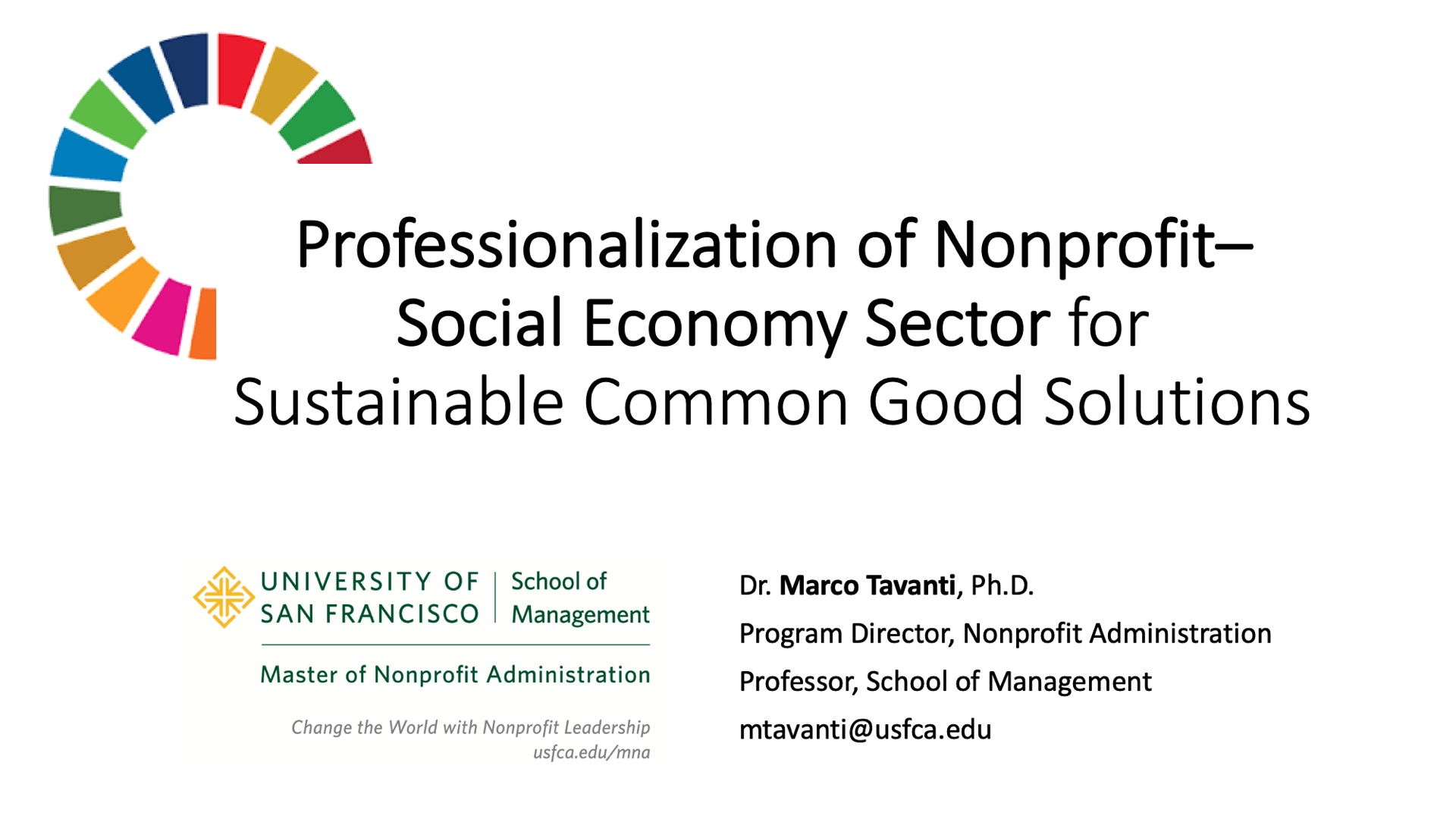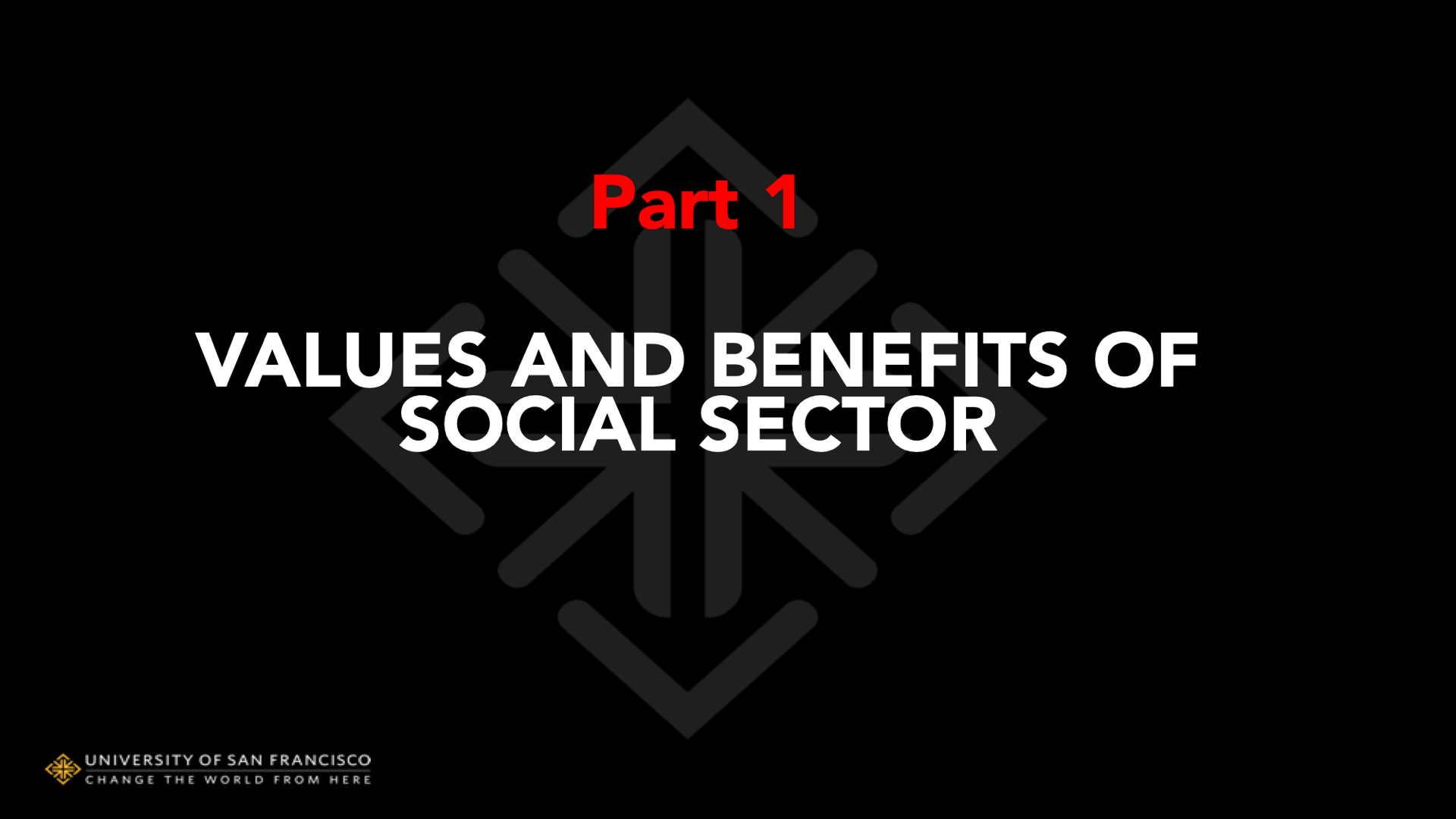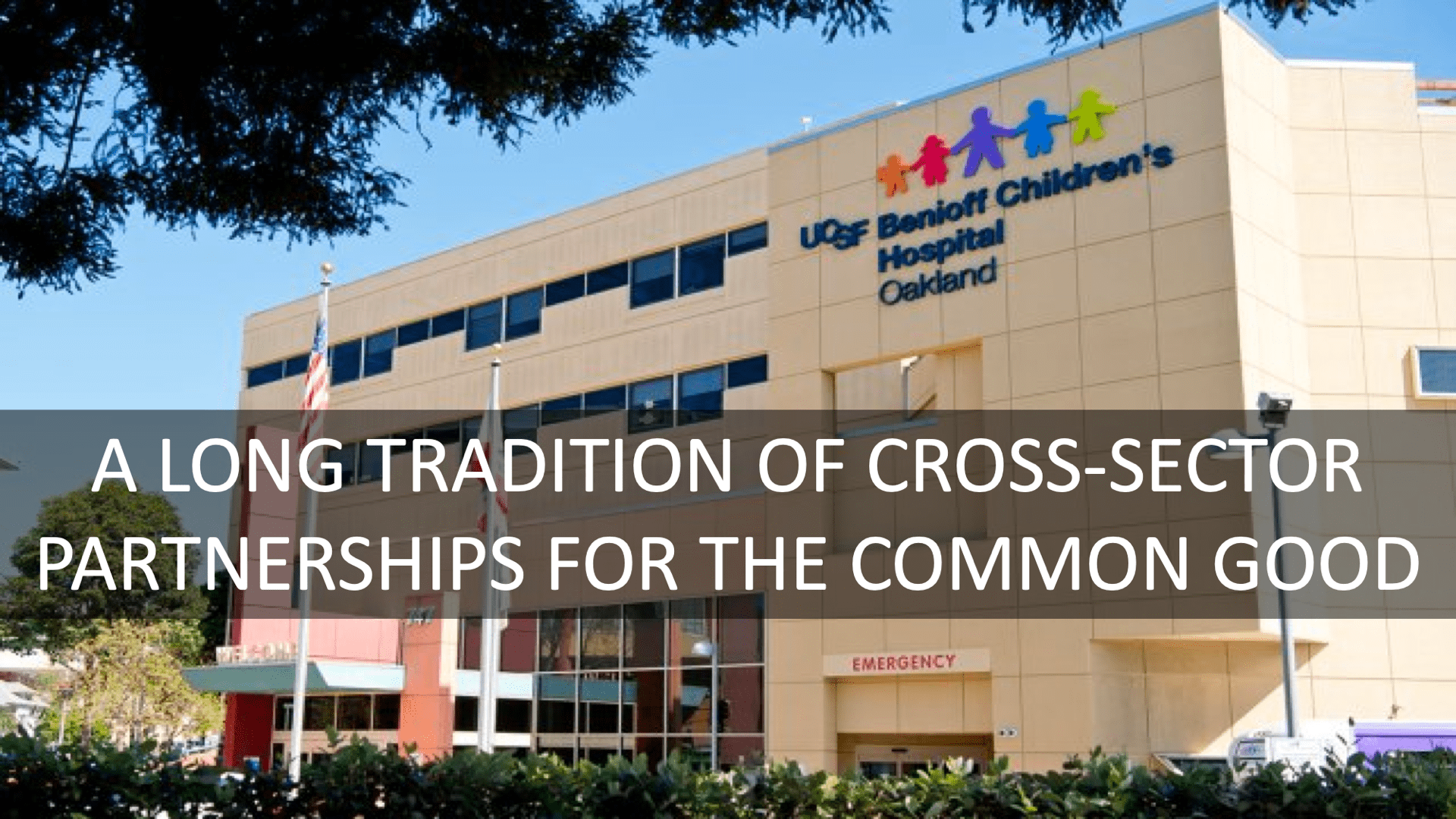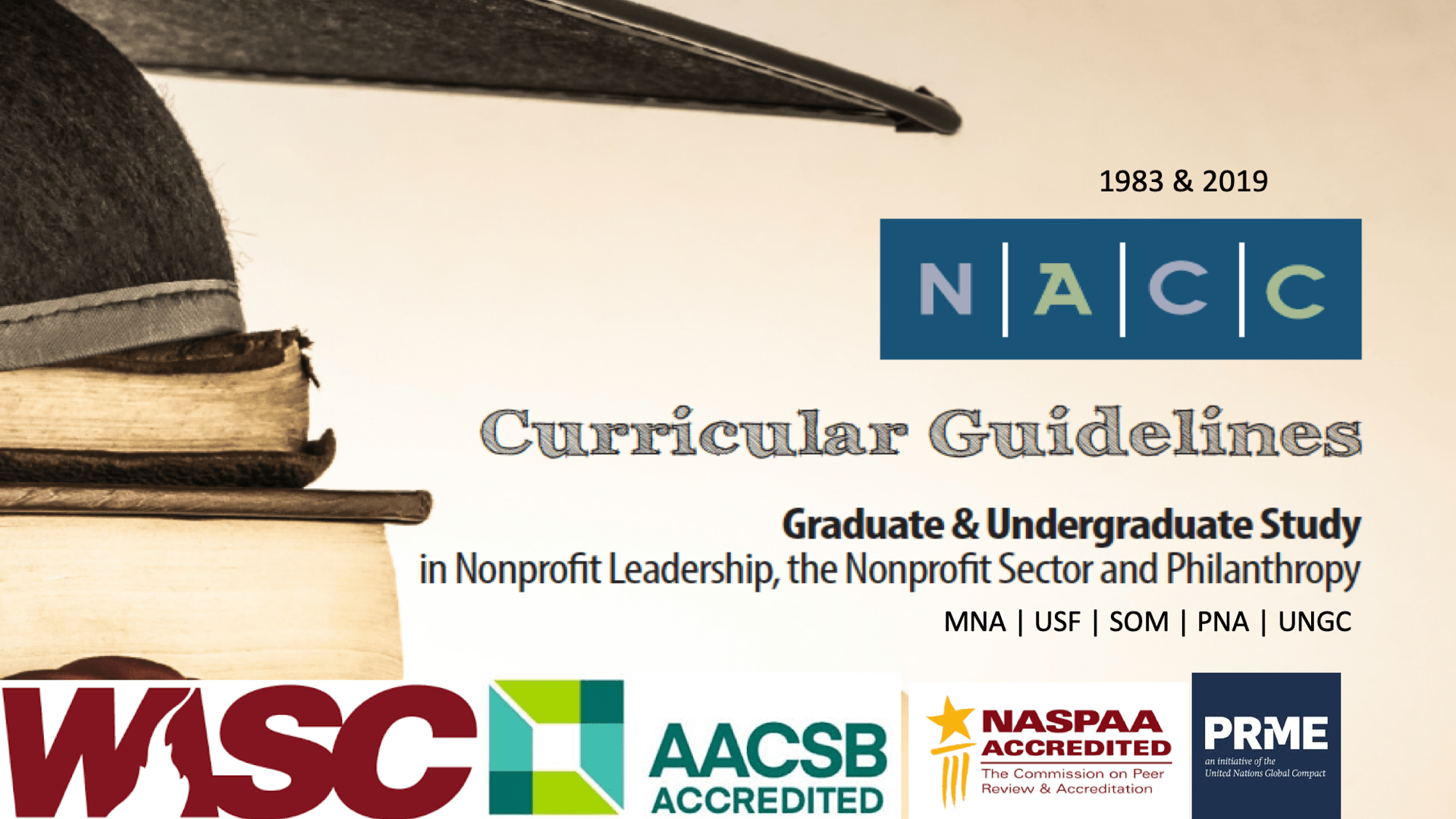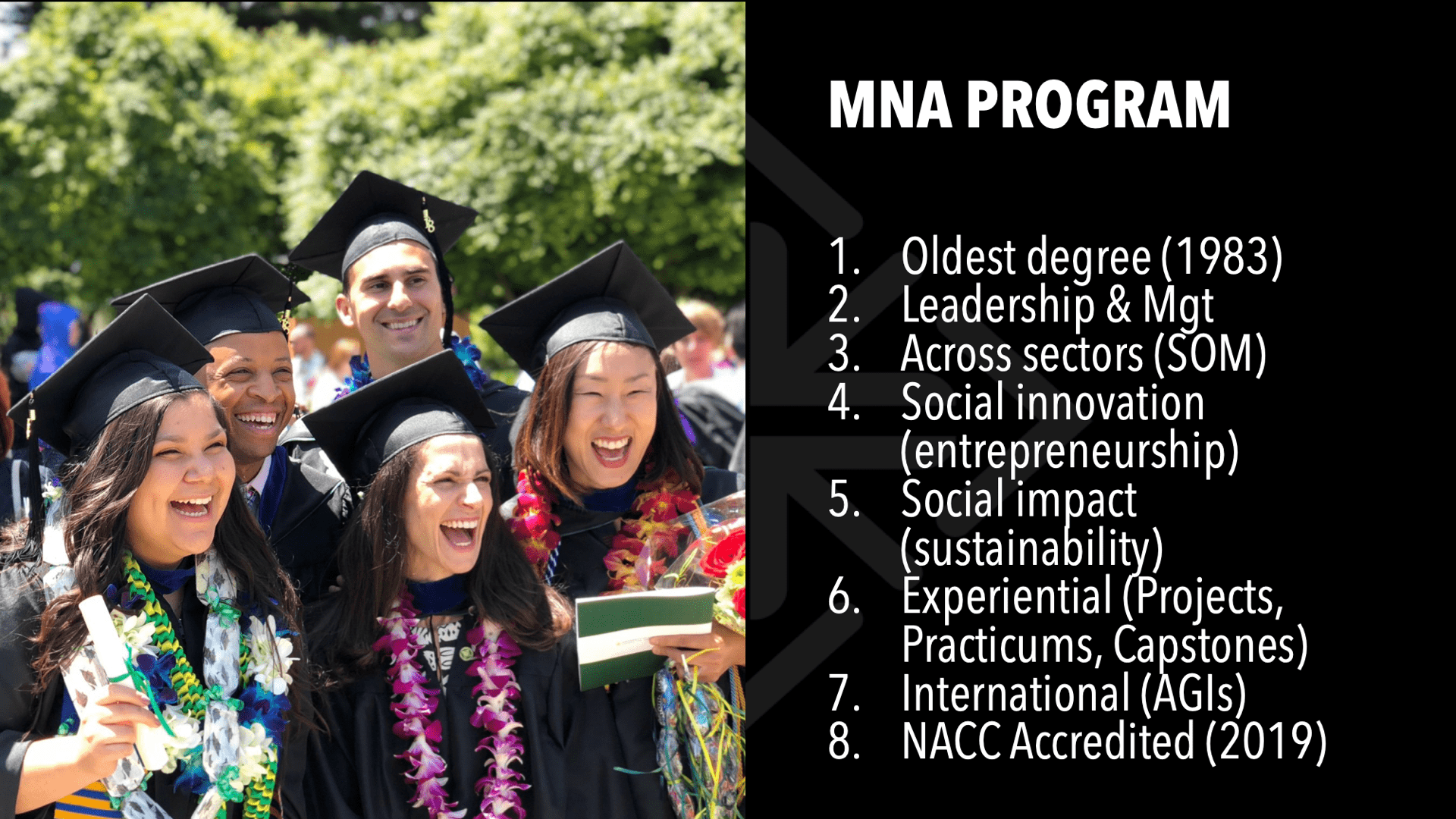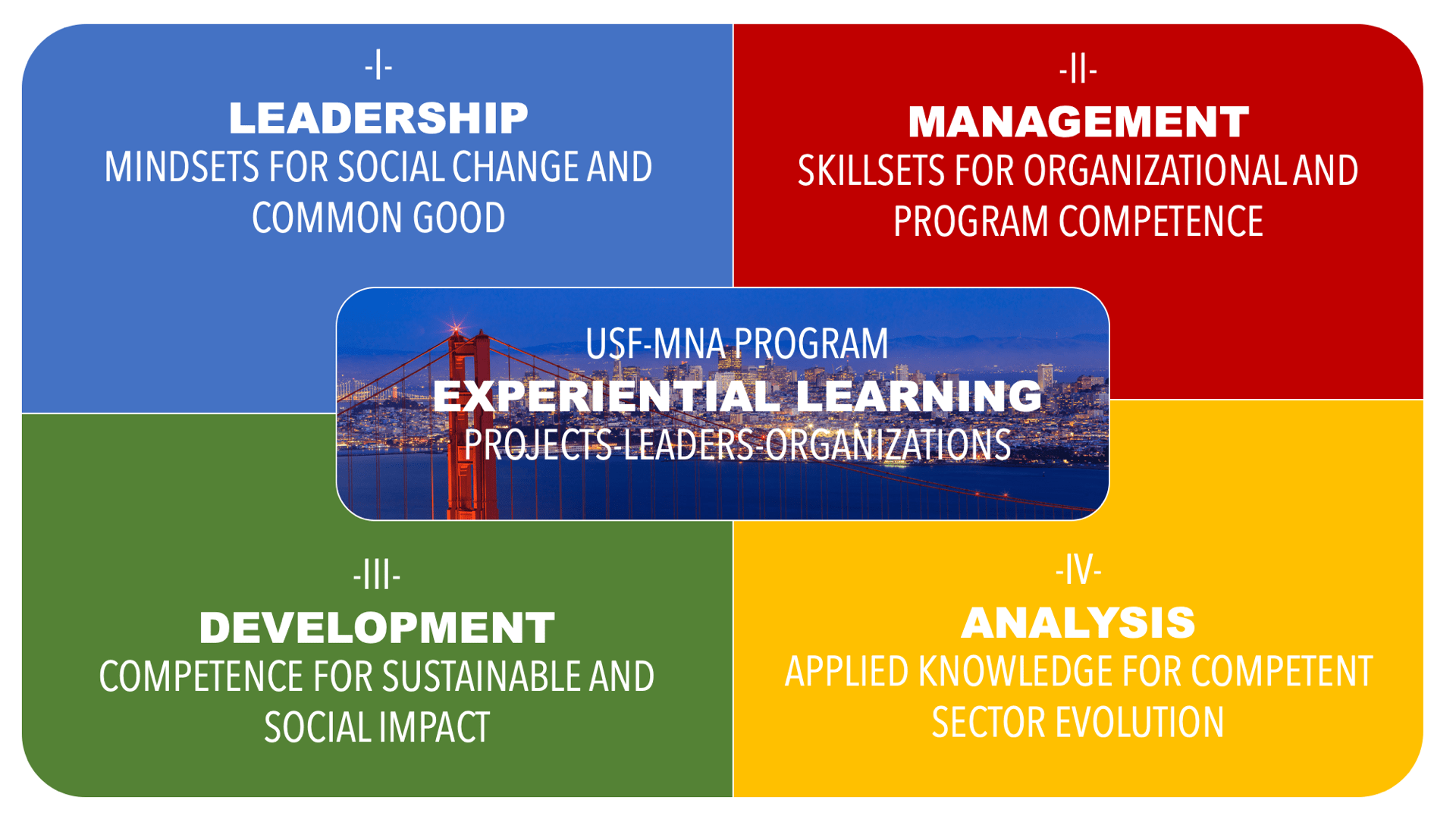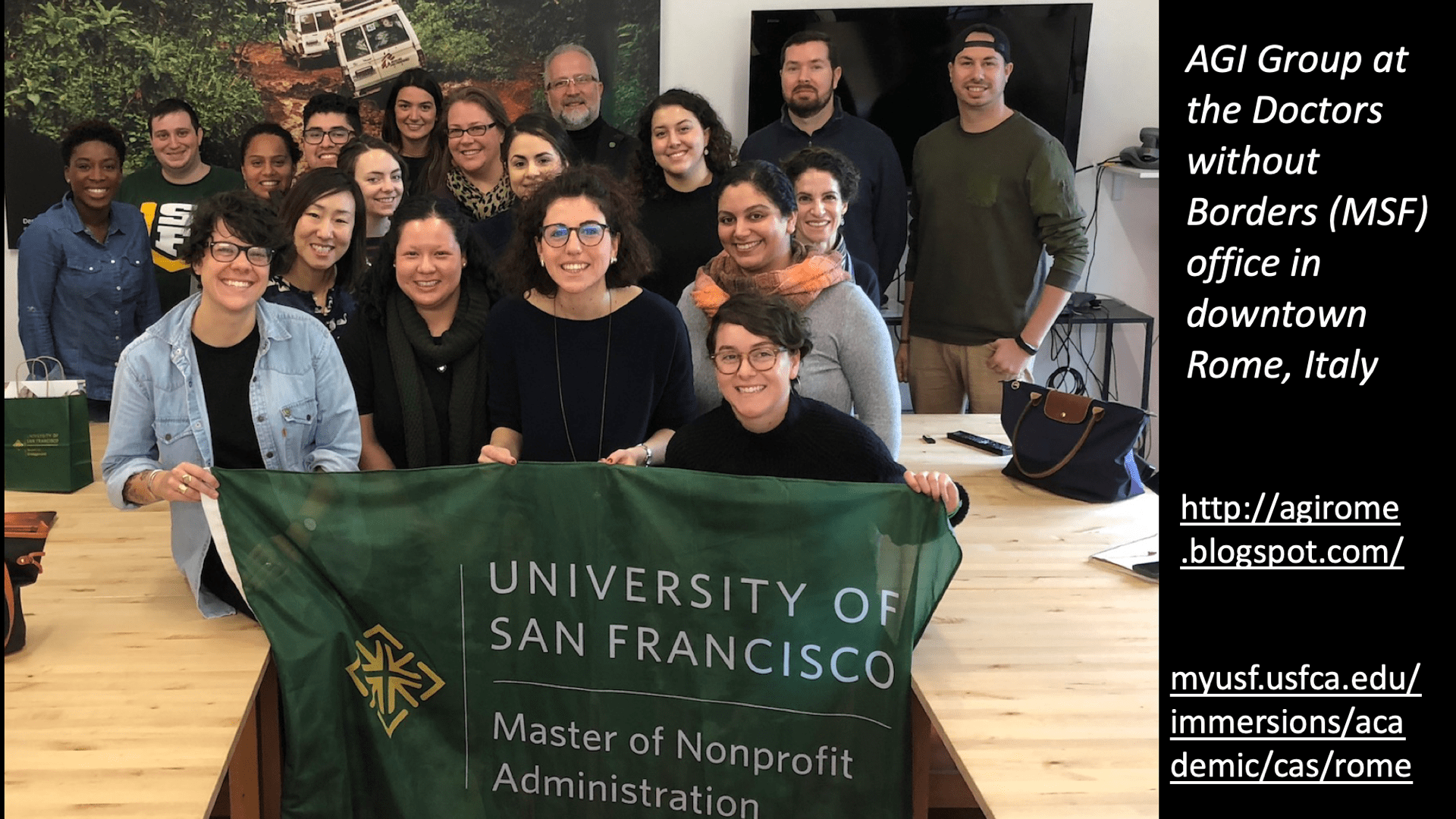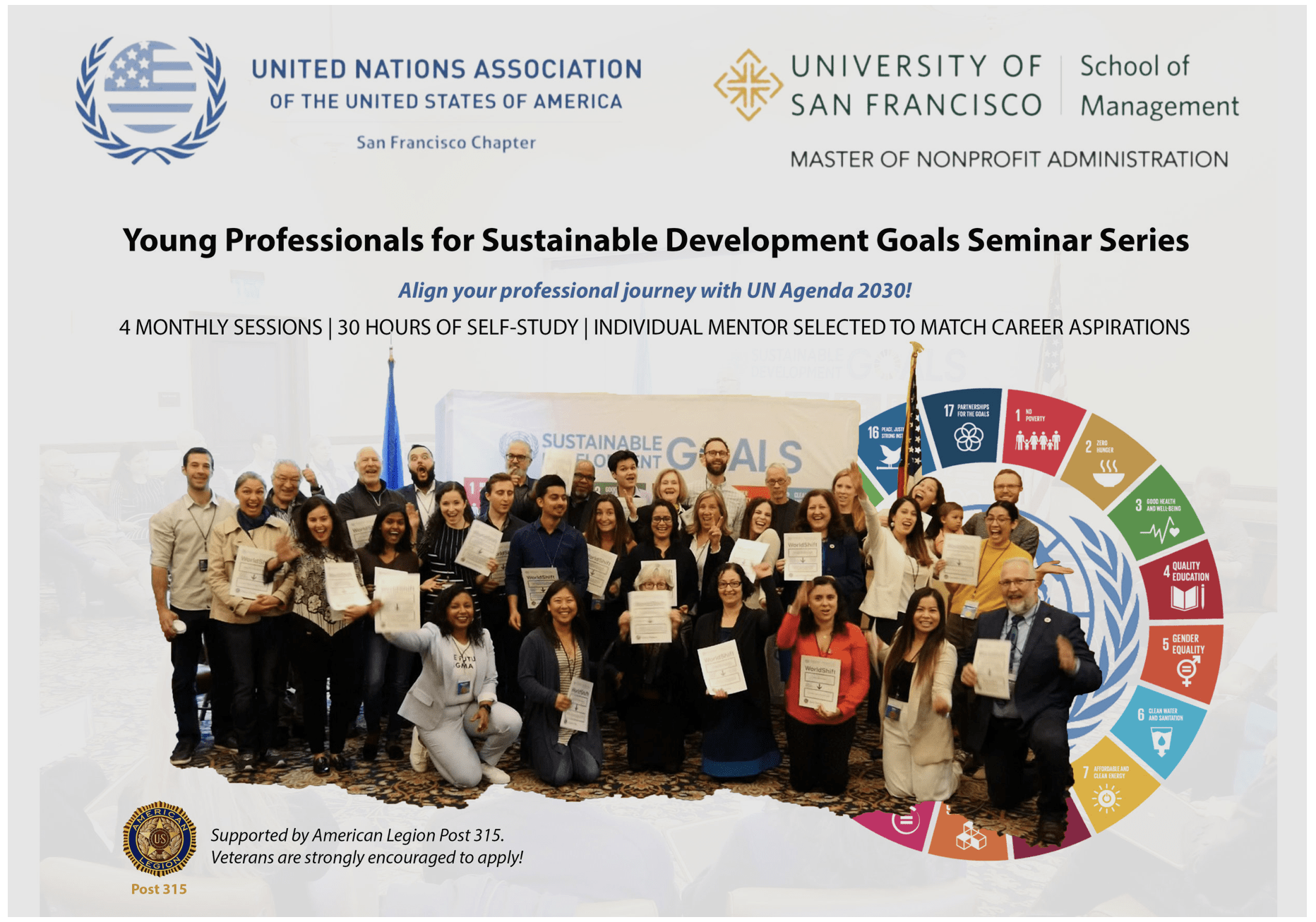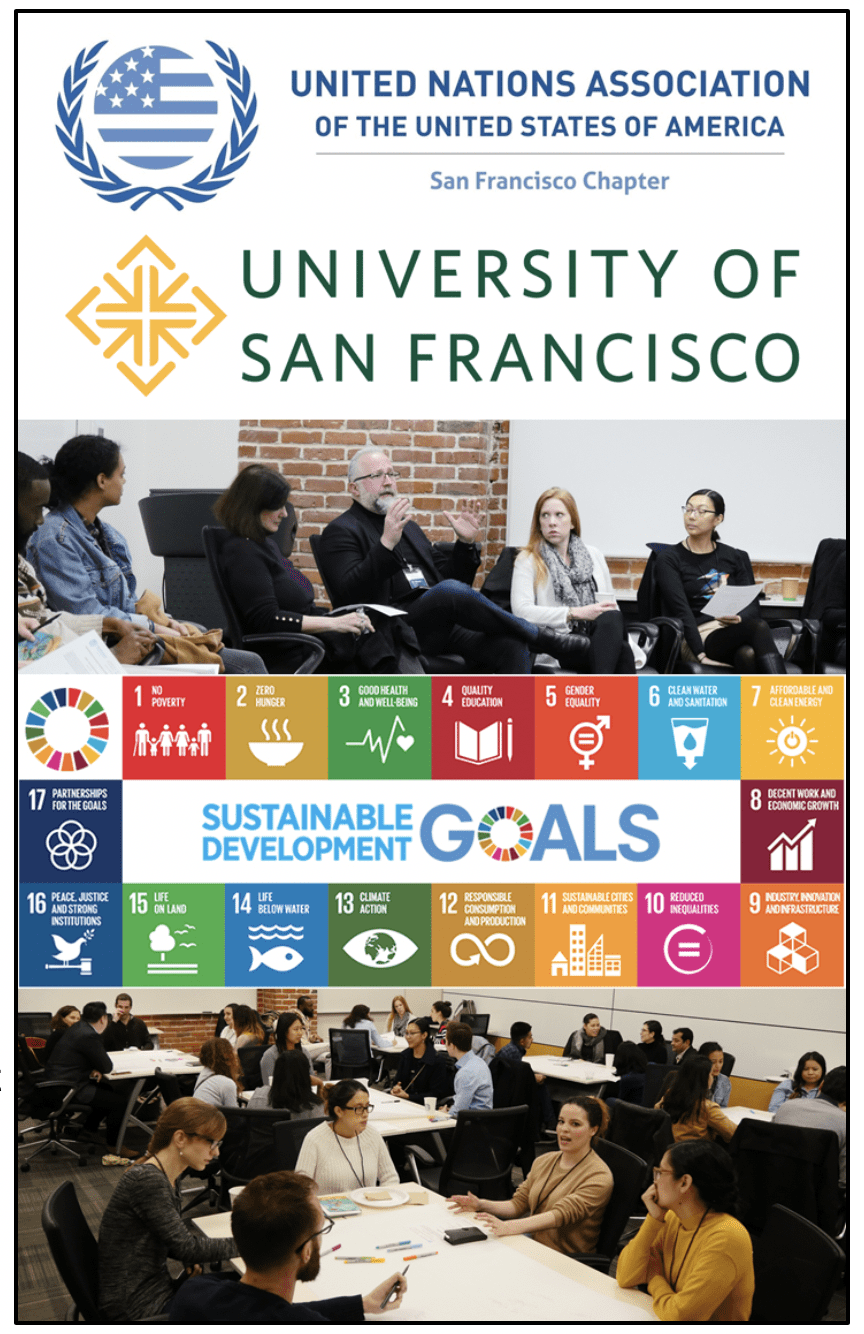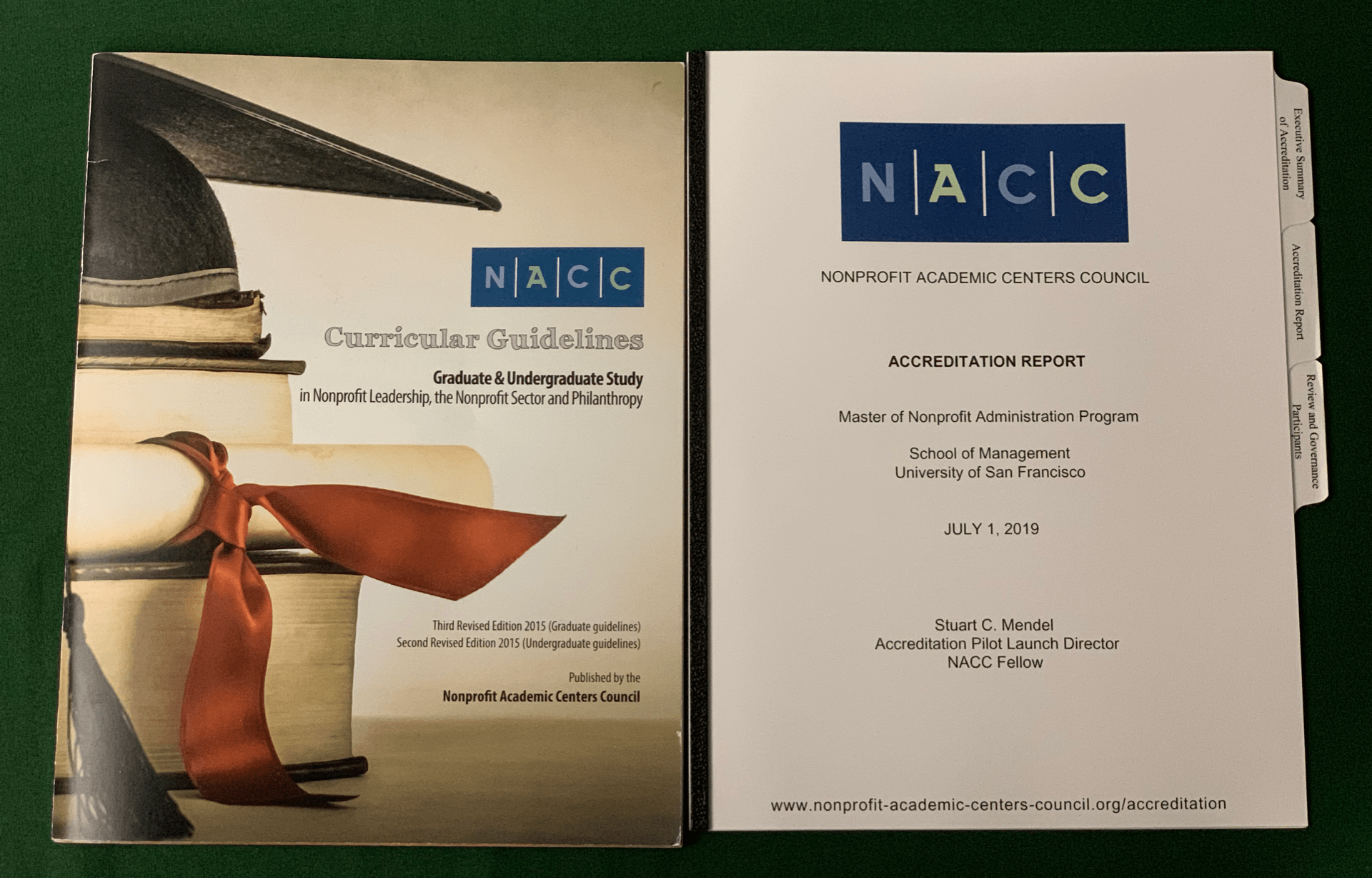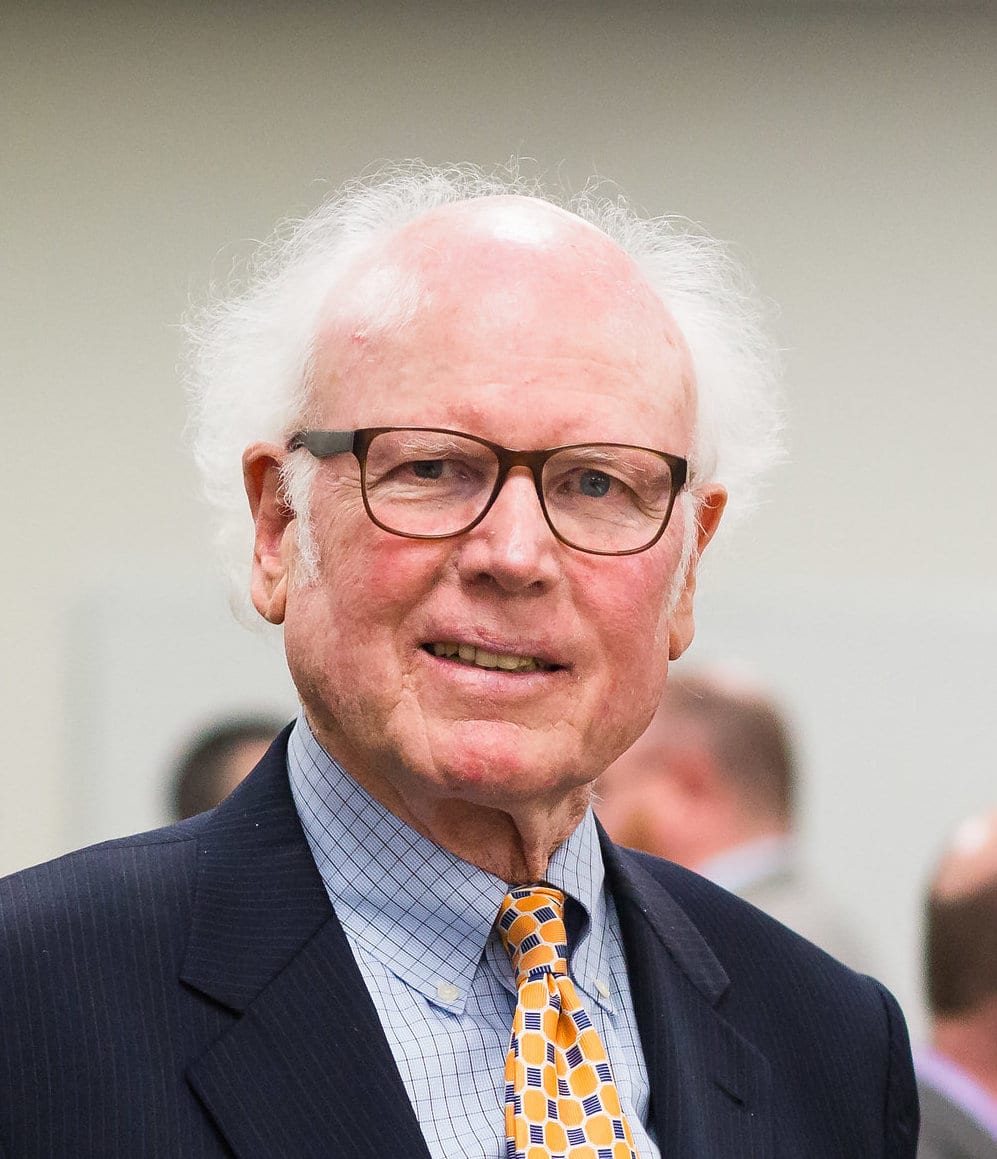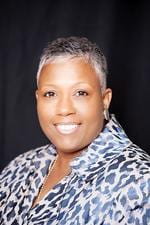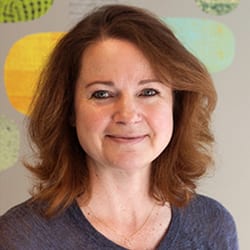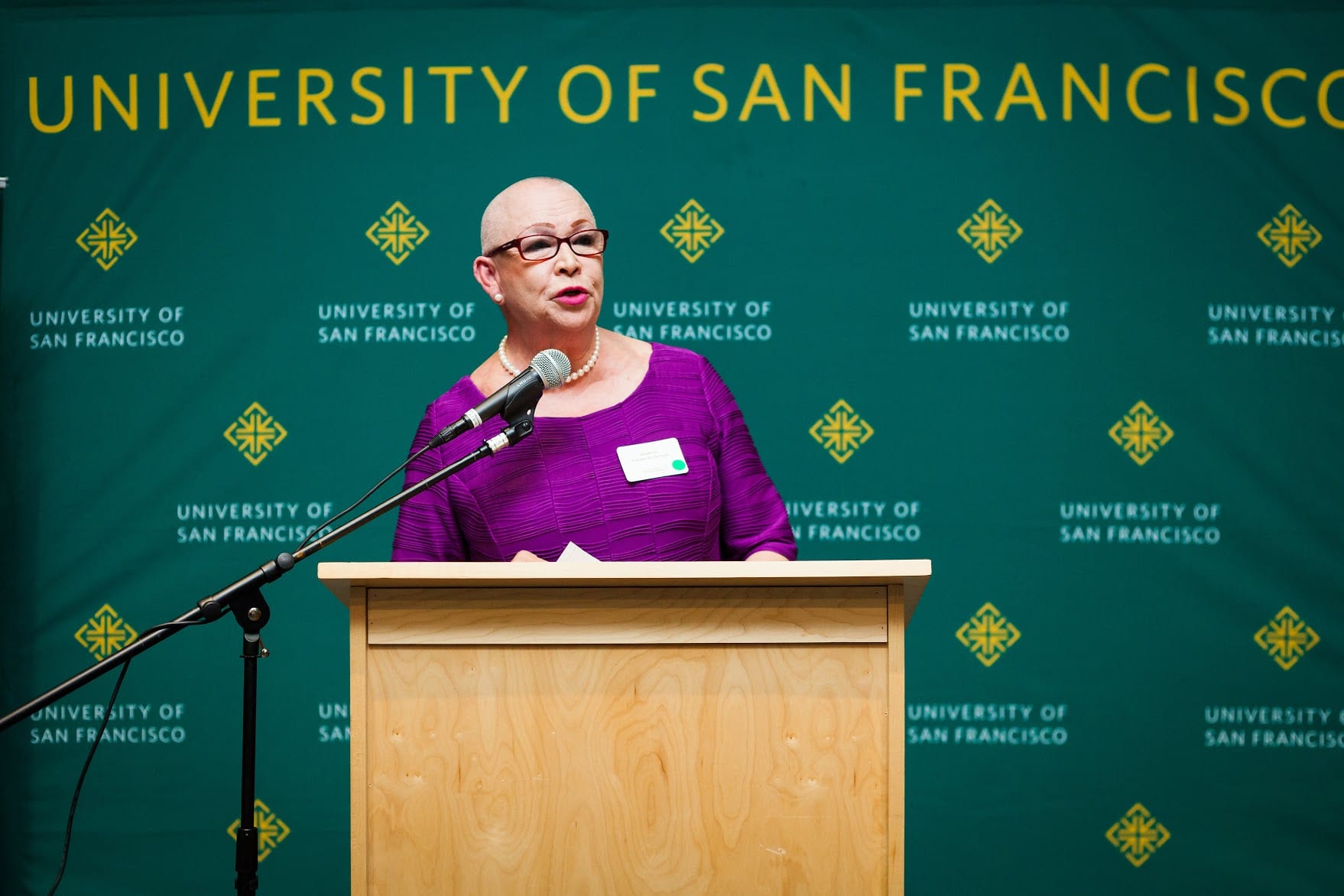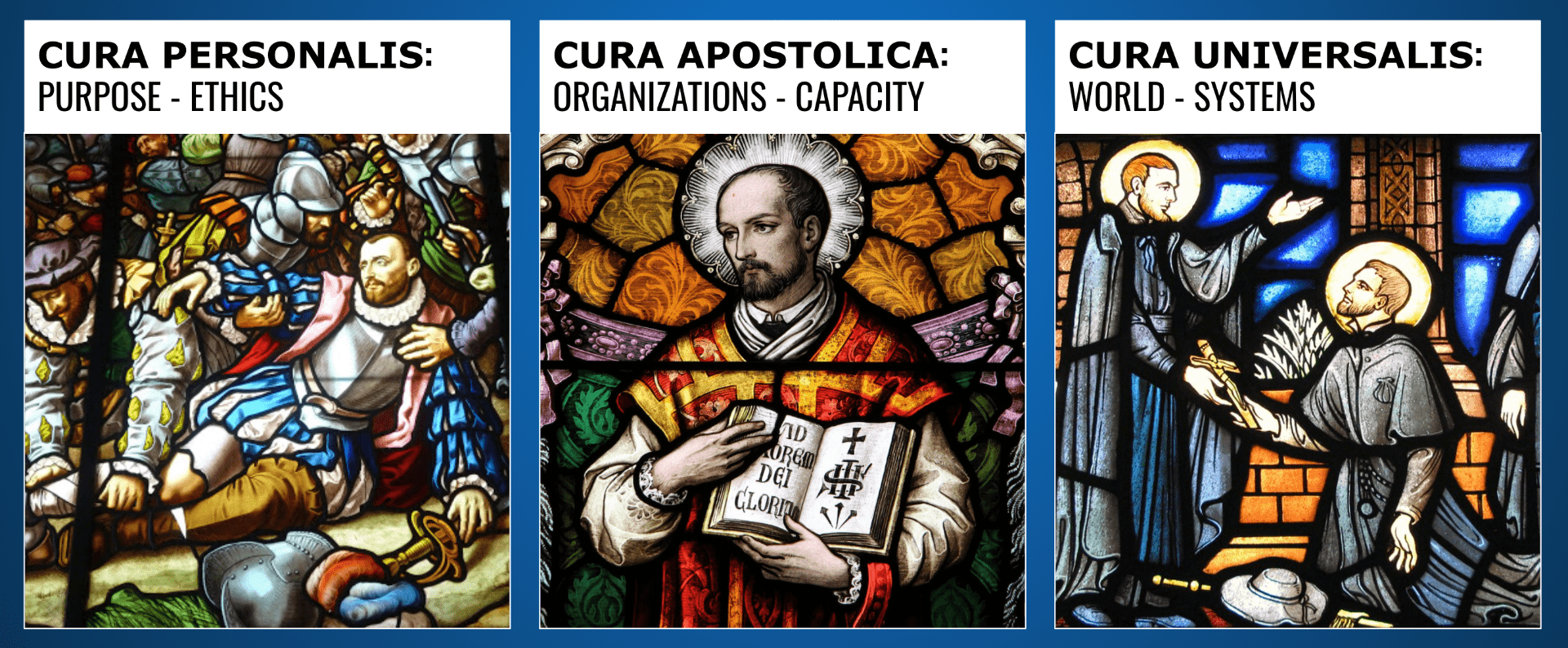
We Live in an Age with Old Legacies and New Challenges
How do Jesuit practices help us better confront current and future challenges? We live in an uncertain time spanning from old racial and economic disparities, recurring pandemics, and new emergencies due to climate change. This era requires new paradigms and strategies to develop globally conscious and sustainable values-driven leaders, managers, entrepreneurs and innovators. That is why I have created the Leadership Exercises, a tool to help promote the development of conscious value leaders for global responsibility and the common good. While started in the MNA ethical leadership courses in 2015, the latest version of the Leadership Exercises was launched on the occasion of the Ignatian Year (2021-2022), commemorating the 500th anniversary of St. Ignatius of Loyola’s conversion which ultimately gave rise to the Ignatian method of discernment known as the Spiritual Exercises. I is now integrated in value-leadership courses at the University of San Francisco’s School of Management.
The Need for New Paradigms in Management Education
How can Jesuit business schools promote new paradigms for educating for the common good and our common future? Jesuit education is (and should be) teaching that transforms both mindsets through value-leadership discernment and skillsets directed toward a career which transforms the world for sustainability and the common good (Tavanti & Davis, 2018). “It is commendable that the International Association of Jesuit Universities (IAJU) has promoted a Working Group of business education leaders who have advanced new inspirational paradigms for Jesuit business education inspired by the United Nations’s 203o Agenda with its Sustainable Development Goals (SDGs) and Pope Francis’ Encyclical Letters Laudato Si and Fratelli Tutti. “While cognizant of the vulnerable, uncertainty, complexity and ambiguity (VUCA) of the fourth industrial revolution and of the urgencies created by the COVID-19 pandemic, they also recognize the moral, social and global responsibility towards a more value-based, sustainable, and inclusive solutions for our communities and stakeholders” (Garanzini, et.al., 2020). The Deans and other Jesuit academic leaders of this working group acknowledge how corporations worldwide are changing the way they do business pushed by new policies and frameworks for sustainability reporting in the Global Reporting Initiative (GRI), the United Nations Global Compact (UNGC) and the UN Guiding Principles on Business and Human Rights. These are a few paradigm shifts in business practice compelling academia in general and Jesuit business schools in particular to implement a sustainability paradigm shift in their curricula offerings, pedagogical approaches, leadership skills, and stakeholder engagement.” (Tavanti, Sfeir, Wilp, 2021).
The Leadership Exercises as Tool for the New Paradigms
An important question to ask is if our teaching methods effectively promote personal and professional capacity for value-driven leadership. In Jesuit schools we talk about Jesuit values, but how can we better integrate professional capacity with ethical, transformational and globally responsible leadership? If we recognize the urgency of renewing our education for the challenges of these new times we need to adopt these new paradigms and integrate new tools. The Leadership Exercises are a tool for promoting the values-driven mindsets and conscious discernment skillsets to help make the world a better place through our decisions, priorities and actions. The Leadership Exercises expand on the Management Exercises, a promising example of integrating Jesuit paradigms for leadership development with principled discernment for personal, social, global and systemic decision-making (Stackman & Connor, 2016). Similar to the 4 steps of the Management Exercises (self, others, organization and society), the 12+ steps of the Leadership Exercises integrate three levels of discernment as cura personalis (care for the whole person), cura apostolica (care for the community and society) and cura universalis (care for our common good, common home, and common future).
Cura Universalis as Care for for the Common Good
The notion of Common Good is central in Catholic Social Teaching (CST) and a well-known concept in philosophy, economics and political science. Yet, it finds little exploration in management and business education. The Jesuit paradigms for care for our personal, collective and global well-being can be a powerful pathway to develop common good leadership mindsets. Jesuit educators generally refer to the value of cura personalis, but it may not be enough to address the professional, social, environmental and global challenges of our times. How can we go deeper and wider in the Jesuit education of leaders so that their personal value-awareness is also conscious-competent for our common good and common future?
“Well-done education at a Jesuit university transforms a student and prepares him or her for work that promotes the common good, while allowing that student to discern his or her vocation in life and, in the long run, to flourish as a human being. This is the transforming power of education on a Jesuit campus rightly understood: personal transformation that leads to societal transformation through the ongoing dialectic of personal freedom and social responsibility” (Quinn, 2016).
A hallmark of Jesuit education, cura personalis means “caring for the whole person” as Superior General Wladimir Ledóchowski, S.J. first stated in the 1930s as one of several tools for fostering students’ intellectual, moral, and spiritual development. Cura apostolica has been identified as complementary to cura personalis, as it represents the same intimate knowledge and compassion but extended beyond a single person or interpersonal relations into a collective, organizational, institutional, professional and social responsibility. If cura personalis is about principles and virtues as values in action, cura apostolica is about the practice and mission as ethical discernment and applications of values and virtues into the challenges and complexities of our world.
Cura personalis and cura apostolica are powerful paradigms for educating men and women for others but may be inadequate without an extended perspective for cura universalis propelling our leadership call into new dimensions. An integrated mindset for the common good needs to be more than caring for the whole person or for caring about the work and its mission. It needs to realize its call to love the entire universe Ad Maiorem Dei Gloriam Inque Hominum Salute – for the sake of God’s love (unconditional) and the well-being (safety and prosperity) of humanity. The Jesuit realization of its mission for the global common good builds on the CST paradigms that pushed its diverse educational institutions toward a critical role within the Church in favor of social justice and the global common good. These three levels of care represent contexts of action (contempl-action) and a renewed perspective for Ignatian pedagogy for sustainability education and conscious sustainability leadership (Sfeir-Younis & Tavanti, 2020; Tavanti & Wilp, 2021).
The cura universalis is about developing a mindset for conscious sustainability leadership. It is reflected in what Aristotle calls eudaimonia or true happiness, well-being, prosperity and “blessedness” (Sfeir-Younis & Tavanti, 2020, p. 98). It is here where we appreciate what Lakota Native American people call Mitakuye Oyasin meaning “all my relations,” “we are all related” or “all is related” in the universe and we are part of this interconnectedness. It is in this sphere that we develop our interconnected consciousness beyond economic systems, social relations, and natural worlds. Here, spiritual intelligence is about a higher level of consciousnesses beyond but not excluded from rational, emotional, social, cultural, executive, and moral intelligence.
The following model summarizes the leadership development. stages and levels of consciousness that are behind the design of the Leadership Exercises. It is explained in details and borrowed from the study on common good Jesuit education available in Tavanti, M. & Wilp. E. (2021). A Common Good Mindset: An Integrated Model for Sustainability and Leadership Management Education. In Rimanoczy, I. & Ritz, A. (eds.), Sustainability Mindset and Transformative Leadership: A Multidisciplinary Perspective. Palgrave Macmillan.
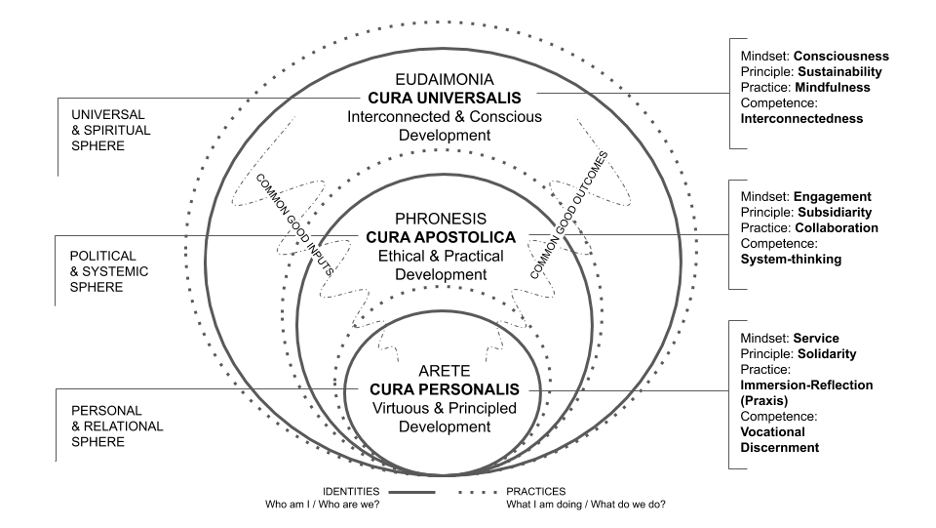
Feel free to use the Leadership Exercises for your personal leadership development journey or integrated into your courses (just give credit). If you would like to know more about the Leadership Exercises and its pedagogical model for business leadership education for the common good, please contact Dr. Marco Tavanti at mtavanti@usfca.edu
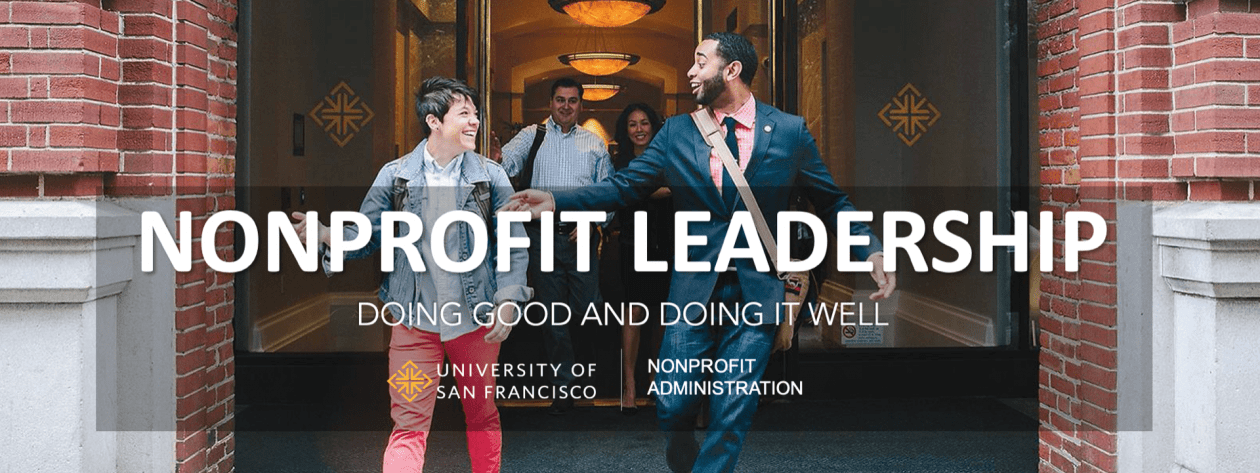

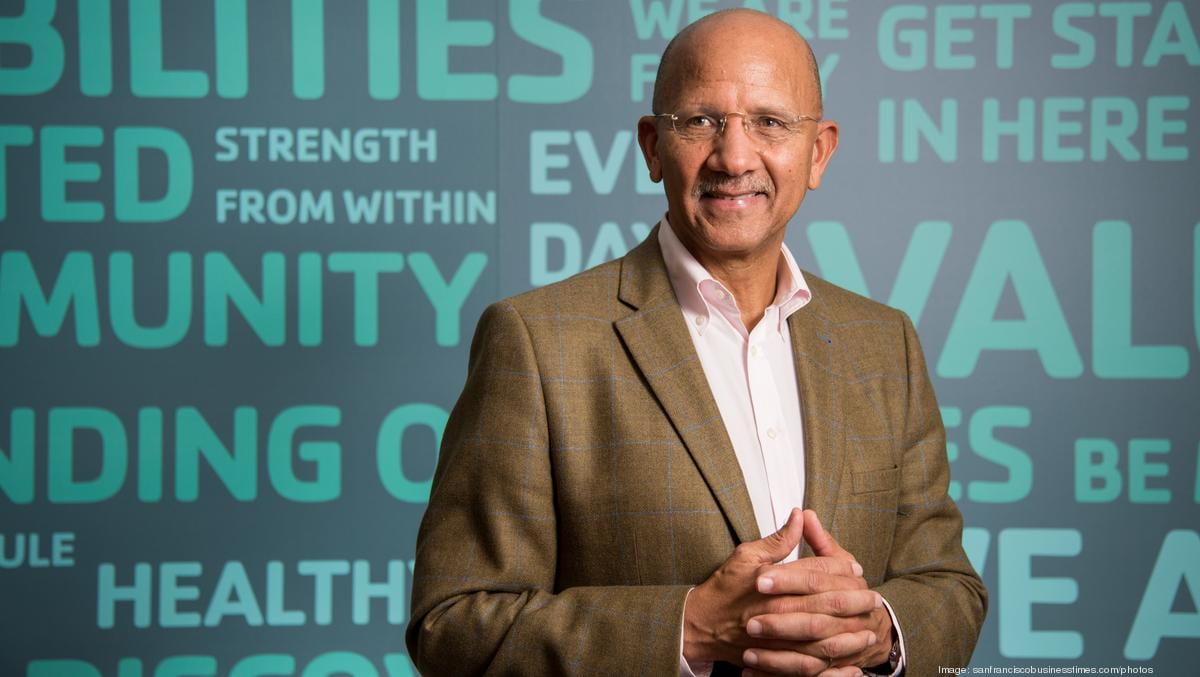
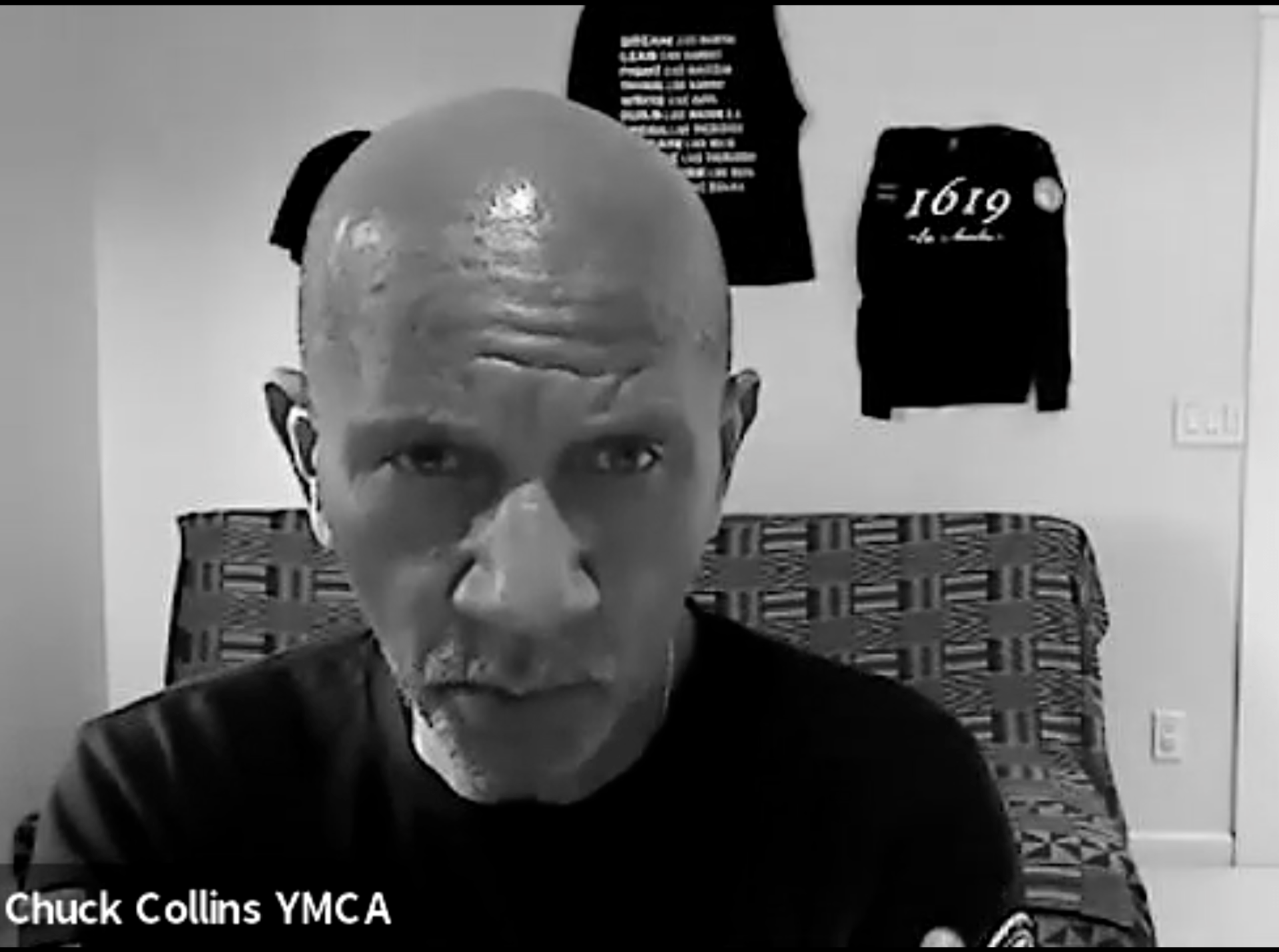
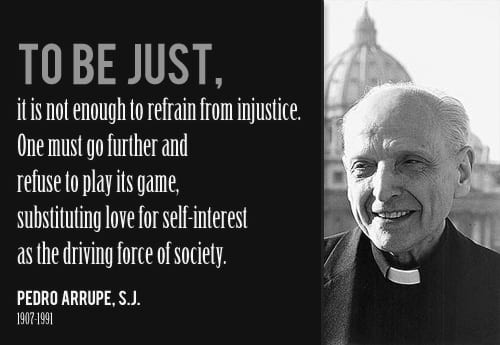
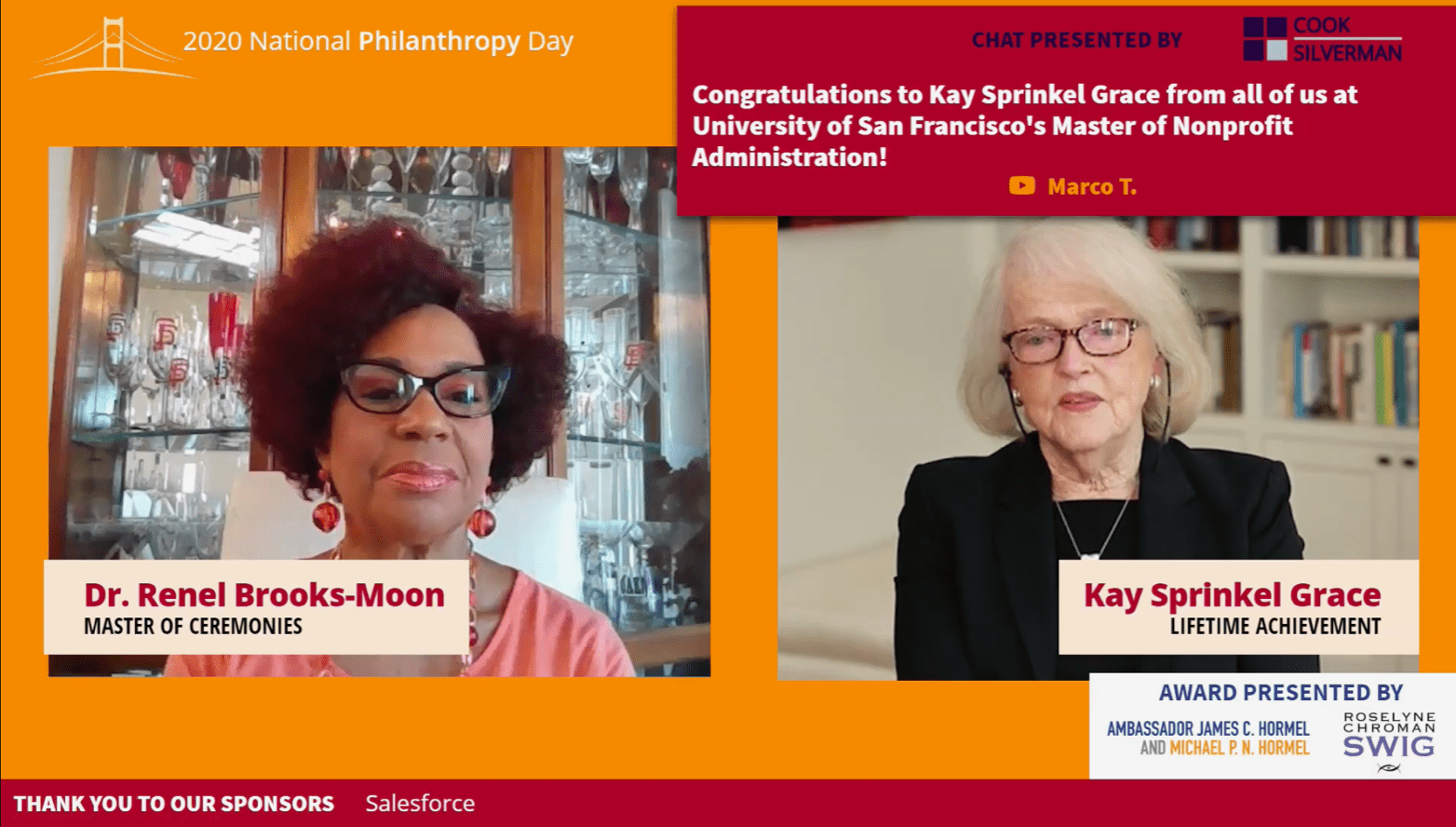
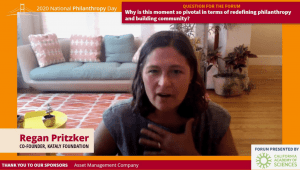 Regan Pritzker, co-founder of
Regan Pritzker, co-founder of 
